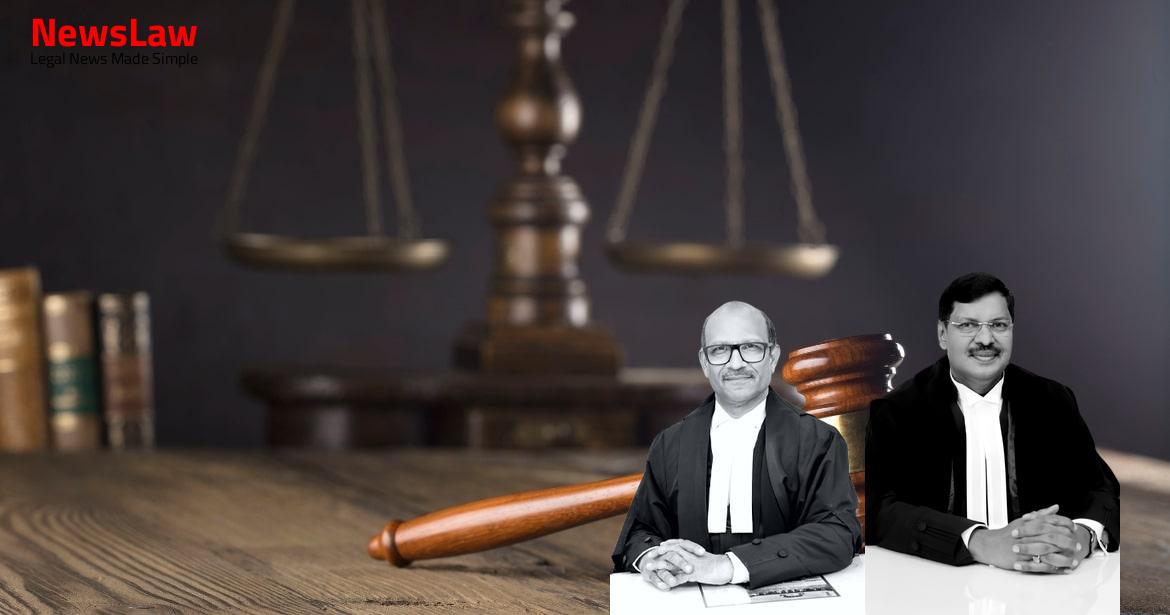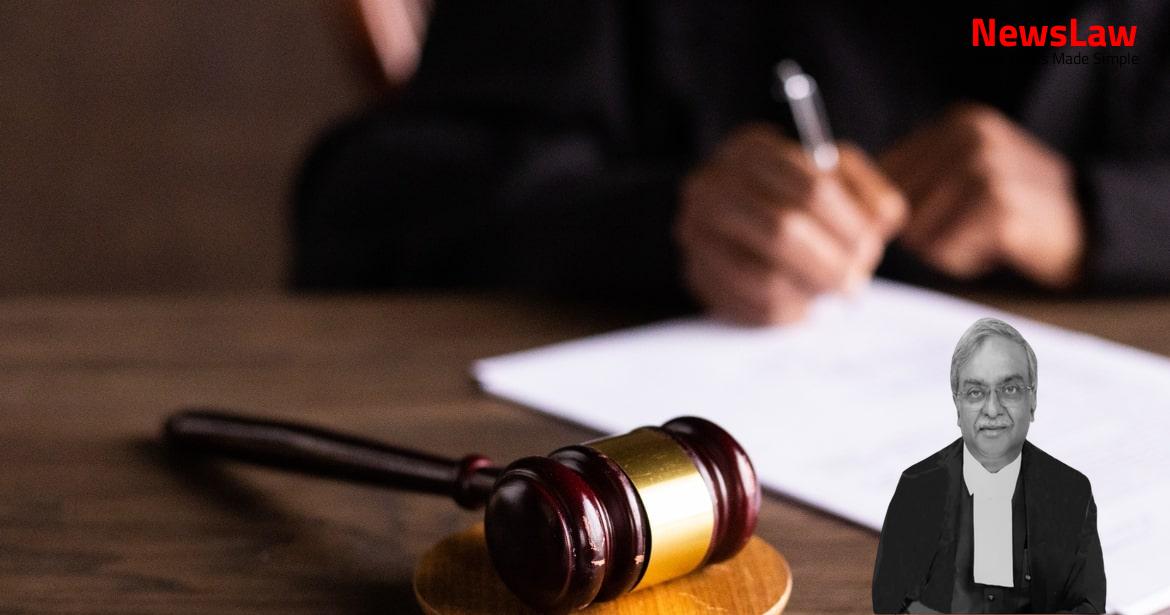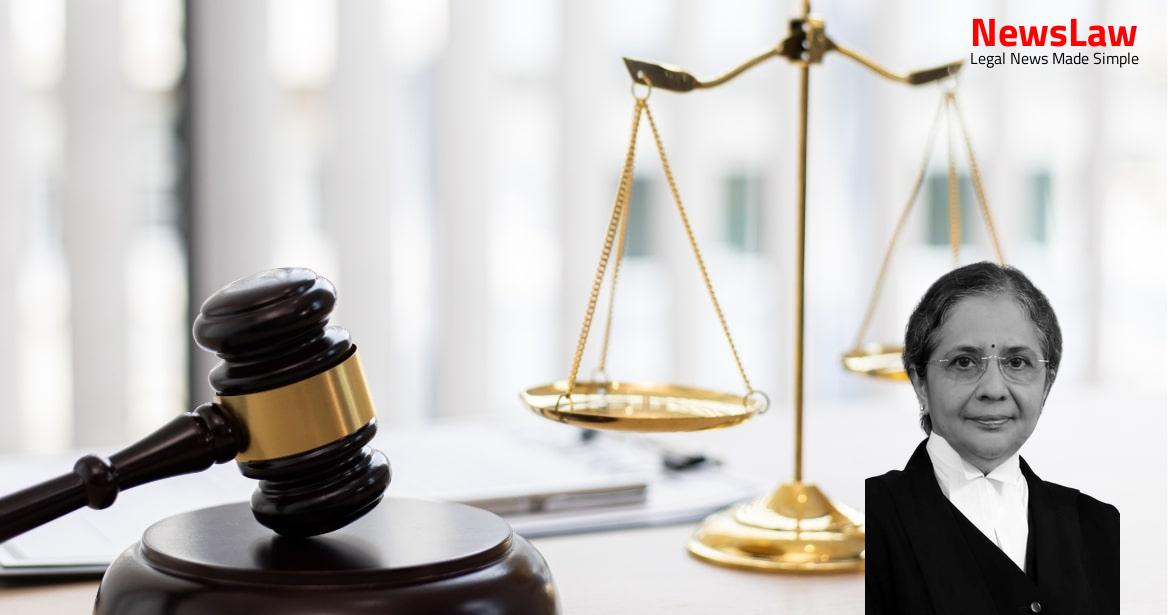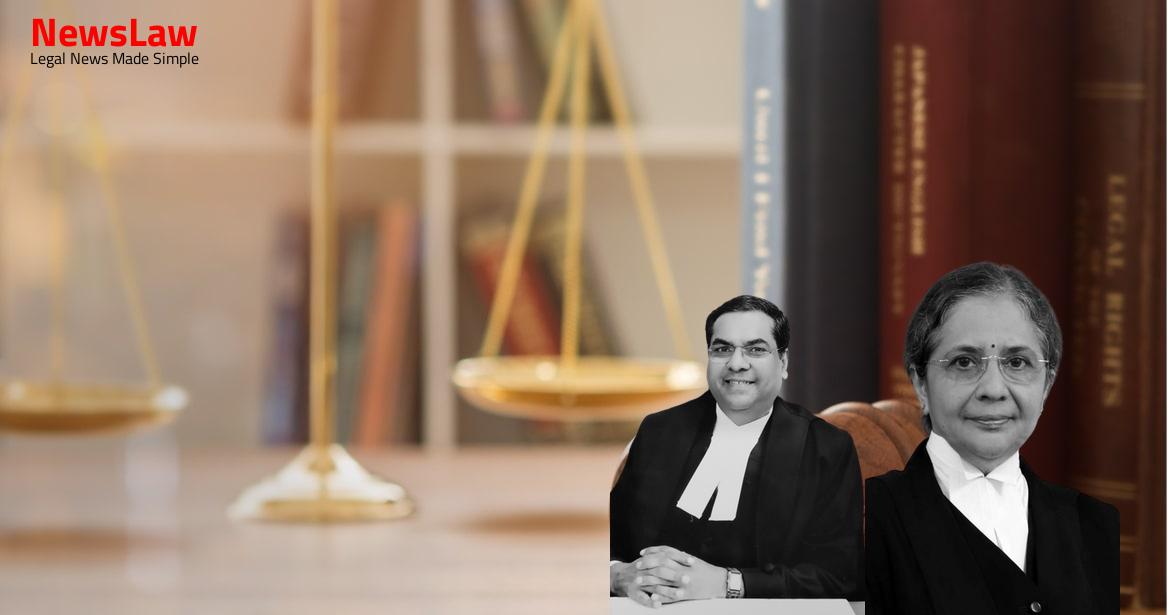Explore the groundbreaking case of Kailash Chand v. Mukat Lal, a legal battle centered around Hindu Succession rights. The petitioner, Kailash Chand, asserted his coparcenary rights over the property, previously owned by Smt. Nandkanwarbai. The respondent, Mukat Lal, claimed entitlement through a will, leading to a complex legal dispute. This Supreme Court judgment sets a precedent in clarifying ancestral property rights and succession laws, shaping future inheritance cases.
Facts
- Kailash Chand, as the legal heir of Smt. Nandkanwarbai, filed Revenue Suit No. 37 of 1979 for partition of the suit property.
- Smt. Nandkanwarbai was not in possession of the suit property during her lifetime.
- The Revenue Suit No. 37 of 1979 was decreed in favor of Kailash Chand, recognizing his coparcenary rights over the property.
- A previous judgment and decree dated 21 May 1959 in Civil Suit No. 11 of 1958 had already concluded the issue of possession and title against Smt. Nandkanwarbai.
- Smt. Nandkanwarbai did not challenge the previous judgment, leading to its finality in terms of possession and title.
- Kailash Chand claimed rightful share in the property under Section 14(1) of the Succession Act in the partition suit.
- The current appeal stems from Revenue Suit No. 37 of 1979, and the impugned judgment was passed by the Division Bench of the Rajasthan High Court on 2 November 2017.
- Kailash Chand had filed Second Appeal S.A. 120 of 1986 before the Board of Revenue, Ajmer, regarding the entitlement of defendant Mukat Lal to any share in the HUF property based on a will.
- Defendant Mukat Lal’s status as a beneficiary of the suit lands through the will of his father, Shri Kanwarlal, was established.
- Kailash Chand, as the legal heir of Hindu widow Smt. Nandkanwarbai, seeks to enforce her right of succession in the unpartitioned Joint Hindu Family property.
- The suit property was originally owned by Kishan Lal and later devolved upon defendant Mukat Lal through a will executed by Kanwarlal.
- Smt. Nandkanwarbai, widow of Madho Lal, filed a Civil Suit in 1958 claiming title and possession over the property, but the Civil Court only recognized her right to receive maintenance from the property.
- Defendant Mukat Lal appealed against the Civil Court’s decision and won, leading to Smt. Nandkanwarbai filing a Second Appeal before the Rajasthan High Court.
- The core question of law in this appeal revolves around Kailash Chand’s right to enforce Smt. Nandkanwarbai’s succession rights under Section 14(1) of the Hindu Succession Act, 1956.
- The legal battle involves multiple court judgments and appeals, ultimately resulting in the Division Bench upholding the Single Judge’s decision in 2006.
Also Read: Case Summary: Kripa Tori vs. State of Madhya Pradesh & Ors.
Arguments
- Shri Puneet Jain, counsel for the appellant, argued that the Division Bench erred in dismissing the appeal and reinstating the Revenue Court’s judgment.
- Counsel for the respondents cited the case of Munni Devi alias Nathi Devi v. Rajendra alias Lallu Lal to argue that the issue regarding a female Hindu’s rights in joint family estate is settled.
- Shri Jain contended that the decision in Vasant v. Dattu is not applicable as it pertains to properties with multiple coparceners, not a sole surviving coparcener.
- He argued that in order to invoke Section 14(1) of the Succession Act, the Hindu woman must possess the property, which was not the case as the suit by Smt. Nandkanwarbai was dismissed.
- The dismissal of Nandkanwarbai’s suit was claimed to operate as res judicata, preventing relief to her adopted son in a subsequent partition suit.
- Reference to the case of Ram Vishal v. Jagannath was made to argue that since Nandkanwarbai never possessed the agricultural lands, Section 14(1) could not confer proprietary rights onto her adopted son.
- It was asserted that Nandkanwarbai had no interest in the land that could lead to absolute ownership under Section 14(1), and the Division Bench’s interpretation of ‘charge over property towards Maintenance’ as possession was deemed erroneous.
- The respondent relied on pertinent observations made by the Court in the Munni Devi case.
- The appellant’s contention was that the deceased widow Smt. Nandkanwarbai was never in possession of the suit property, therefore her adopted son was precluded from claiming partition.
- The appellant referenced findings from the civil Court to support this contention.
Also Read: Supreme Court Overturns Land Acquisition: Dinesh and Others vs. State of Madhya Pradesh
Analysis
- The possession of the property is essential for full ownership under Section 14 of the Hindu Succession Act.
- A pre-existing right is necessary for the conferment of full ownership under Section 14 of the Act.
- Possession and acquisition of property must be demonstrated for full ownership rights under Section 14(1) of the Succession Act.
- Inheritance, devise, partition, maintenance, gift, skill, purchase, or prescription are the various ways through which acquisition of property can occur for full ownership rights.
- Exclusive settled possession of the property can lead to full ownership rights, especially when linked to a pre-existing right to maintenance.
- Hindu woman’s right to maintenance is not just a formality but a tangible right against the property.
- The possession must be legitimate and backed by a claim, right, or title.
- Judicial findings have emphasized the importance of possession and acquisition of property for invoking Section 14(1) of the Hindu Succession Act.
- Section 14(1) and the Explanation thereto envisages liberal construction in favor of females to promote socio-economic ends.
- The term ‘possessed by’ in Section 14(1) includes owning a property, even if not in physical possession.
- A Hindu widow in possession of her husband’s property has a right to be maintained out of it.
- In the case of Ram Vishal v. Jagan Nath, it was confirmed that possession is a prerequisite for a claim under Section 14(1) of the 1956 Act.
- The authority in Raghubar Singh case (1998) 6 SCC 314 is not relevant to the issue at hand.
- The judgment of Ram Vishal was relied upon by Shri Puneet Jain, learned counsel for the appellant.
- The Court held certain points in the case of Ram Vishal.
- The specific points from the judgment of Ram Vishal were discussed by the learned counsel.
- The judgments rendered by the Single Judge and Division Bench of the High Court did not consider the possession of the plaintiff or his predecessor over the suit property.
- There was no indication that the plaintiff or his predecessor acquired the property in the manner required as per precedent.
- Due to the lack of consideration for possession and acquisition as per legal precedent, the impugned judgments are not sustainable.
Also Read: Rajesh Kumar v. State of Telangana: Quashing of Conviction
Decision
- The judgment dated 2 November, 2017 and the judgment dated 21 July, 2006 have been reversed and set aside.
- The Revenue Suit No 37 of 1979 filed by the plaintiff has been dismissed.
- The appeal has been allowed.
- Decree to be prepared accordingly.
- Any pending applications have been disposed of.
- No costs are awarded.
Case Title: MUKAT LAL Vs. KAILASH CHAND (D) THR. LRS. (2024 INSC 428)
Case Number: C.A. No.-006460-006460 – 2024



